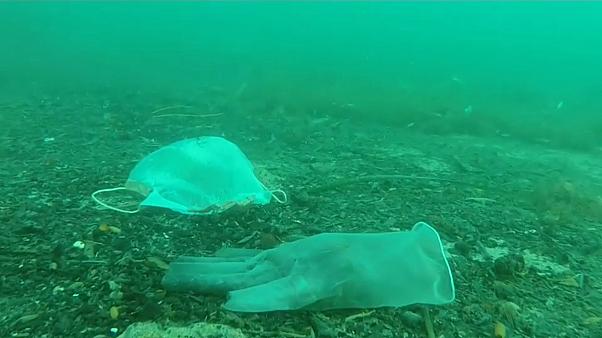
Plastic in a post-Covid era- a saviour or sinner?
- By Deepika Kumar --
- june 08, 2020
Sustainability, Ecology, Covid-19
The current Covid-19 crisis engulfing the economy has tested businesses on agility, and most have performed remarkably well- within a period of 90 days we have seen major supply chain recalibrations, product SKUs have been revamped both in design and function, and marketing and branding campaigns all over the world have changed emphasis to the need for hygiene and safety.
However, another major change that business processes are going to be facing is resource consumption and resulting environmental crisis. With additional layers of packaging to ensure that everything is delivered and safe and sanitary conditions, the levels of plastic consumption have gone exponentially up, presenting renewed concerns towards the cause of sustainability.
The importance of plastics in our lives cannot be side-lined. Versatile, affordable and ubiquitous, they form the quintessential foundation of most medical equipment and safety gear- which is keeping our medical systems running. Plastics are also an essential component of packaging- especially food packaging. During a pandemic such as the one we are facing, avoiding plastics has become extremely difficult. This has posed a dilemma- do plastics stand for protection or pollution? While plastics may be crucial for frontline workers’ safety, they are destroying the environment and posing severe implications for the deadly waste management and disposal industry- comprising of informal workers with few safety regulations, lack of any job security or benefits to safeguard health.
Plastics, in the world we live in, represent convenience for both consumers and producers- a myopic concept that often ignores long term implications.
Single-use plastics enable consumers to act without conscience and dispose them easily. Reusing requires extra efforts for proper sanitation, adequate cleaning and storage. Disposing off something is much easier. The additional aspect of psychological safety that single-use plastics bring about in a pandemic like situation (be it masks or food packaging), adds to the convenience factor.
Now, looking at the medical industry- usage of synthetic polymers enables creation of a sterile environment for viruses, but at the same time generates tons of un-recyclable waste. Likewise goes the case for disposable gloves- made of polyethylene, again un-recyclable.
For producers- production of plastics is cheaper, compared to the cost of recycling waste, with oil prices globally plummeting. Sustainable choices now tend to be far more expensive for them.
While newspaper reports and articles glorify how the environment has improved over the last few months, the silent increase in plastic consumption and waste generation must not be ignored. As we slowly shift towards a recuperating economy, these concerns beget corporations to rethink their supply chains and identify eco-friendly alternatives, keeping in mind the need for sanitation. Scientific advancements have led to discovery of biodegradable and compostable plastics such as PLA (polylactide) made from corn, sugarcane and cassava starch. Likewise goes the case for PHA- a biodegradable polymer produced from organic sugars and lipids. While innovations occur globally, their adoption requires a push from the policy-making front. The case of Senegal government banning single use plastics is a case in point.
There is also a need for consumers to rethink their consumption practices. While a lot of consumers may not be in a position to make choices- for those who do, employing conscious eco-friendly practices- such as reusable shopping bags, responsible waste management- including on-source waste segregation and appropriate disposal mechanism, and advocating for responsible business and government behaviour, are some examples. Some plastic usage is unavoidable, but the idea is to substitute plastic in other areas of one’s life, where their usage is avoidable- such as in shopping habits. In a pandemic, our concerns for a better environment shouldn’t get side-lined. This World Environment Day let us attempt to build a more sustainable world through our proactive efforts.

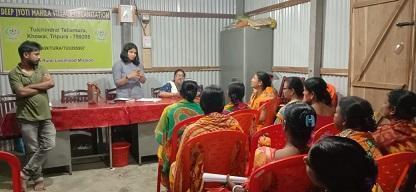
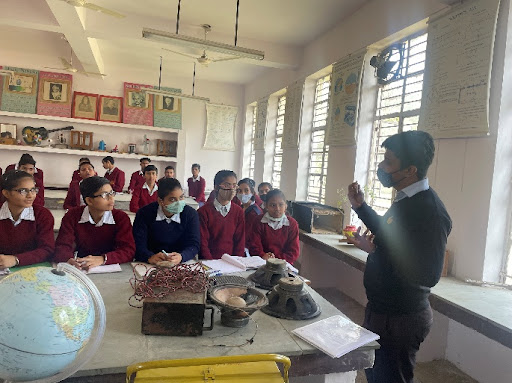
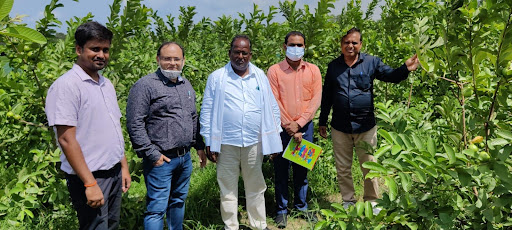
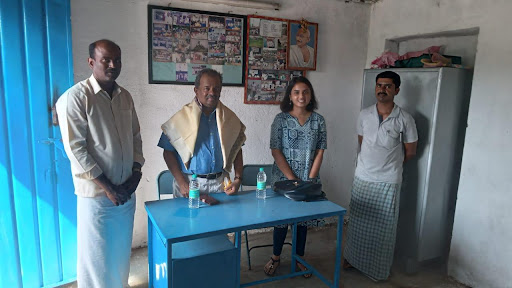
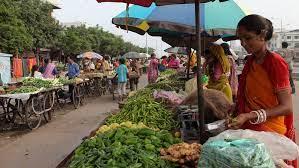
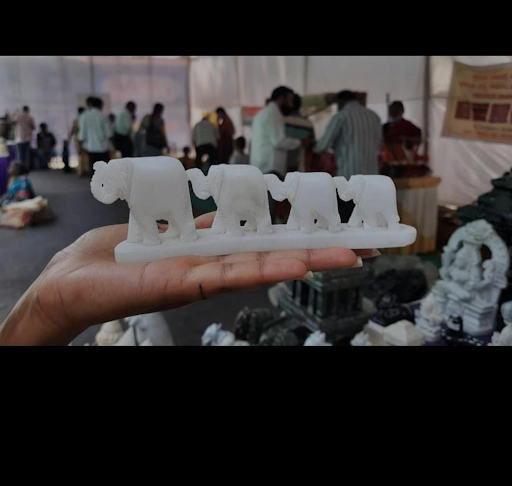
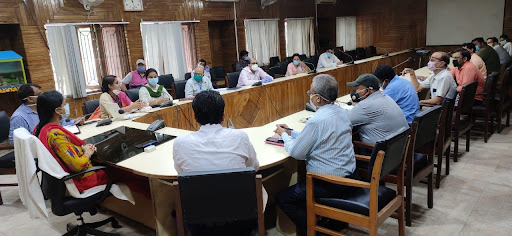
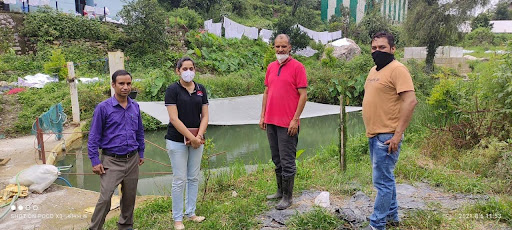
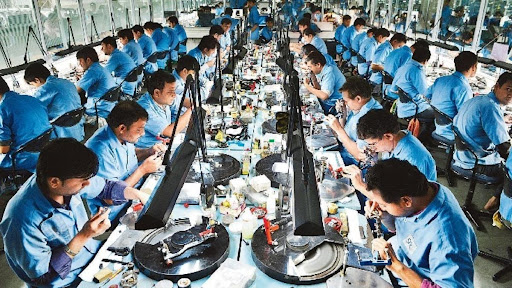

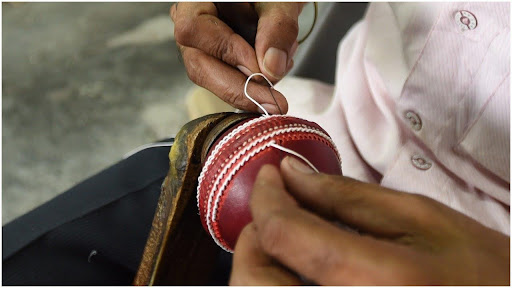

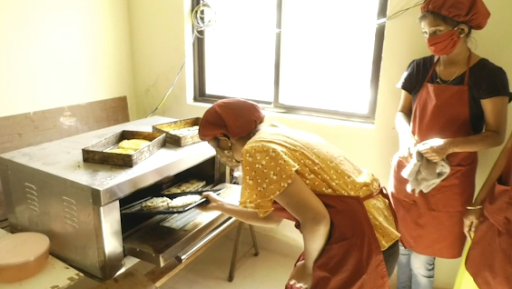
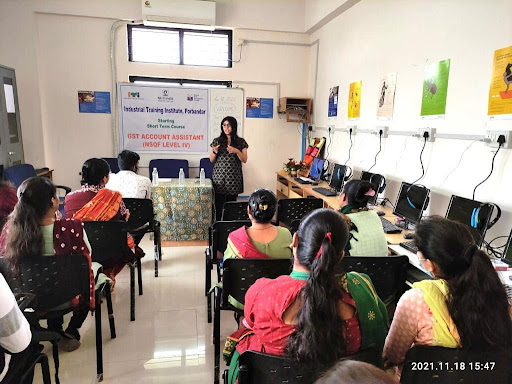
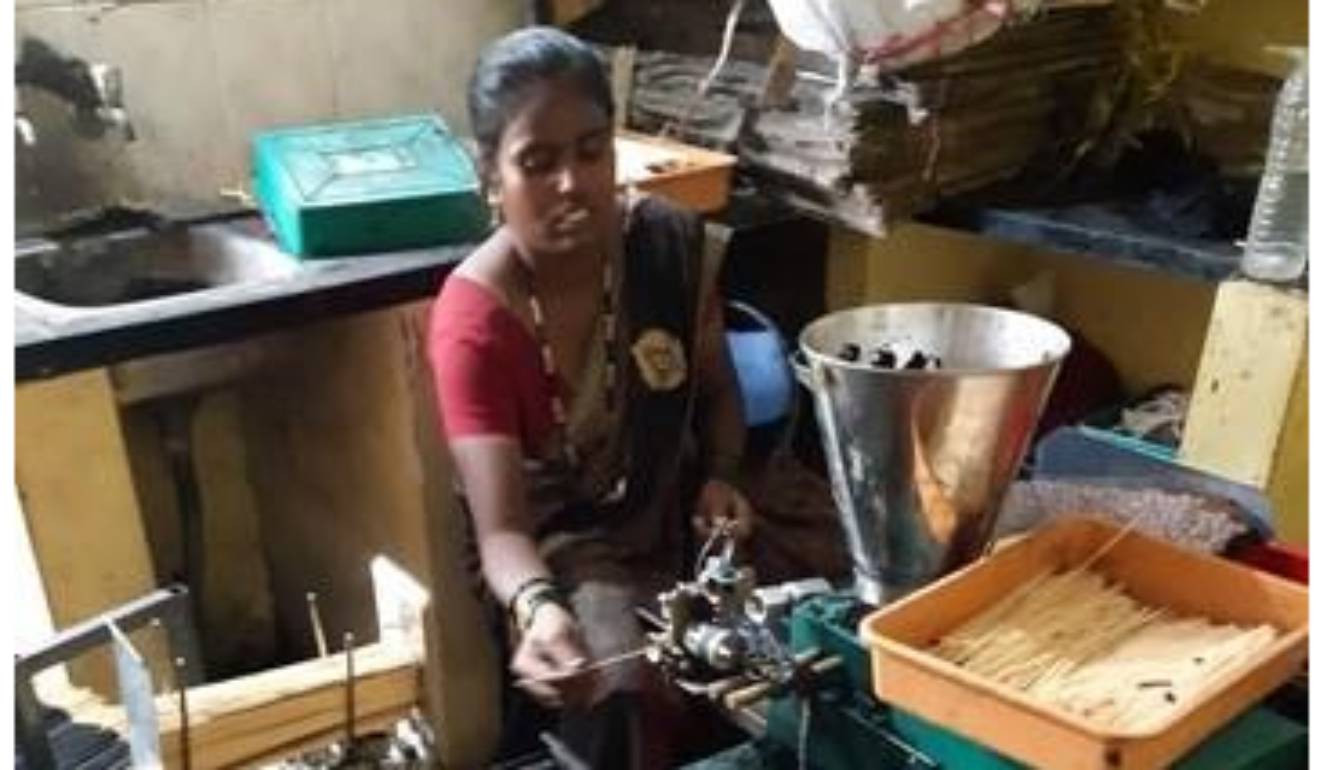

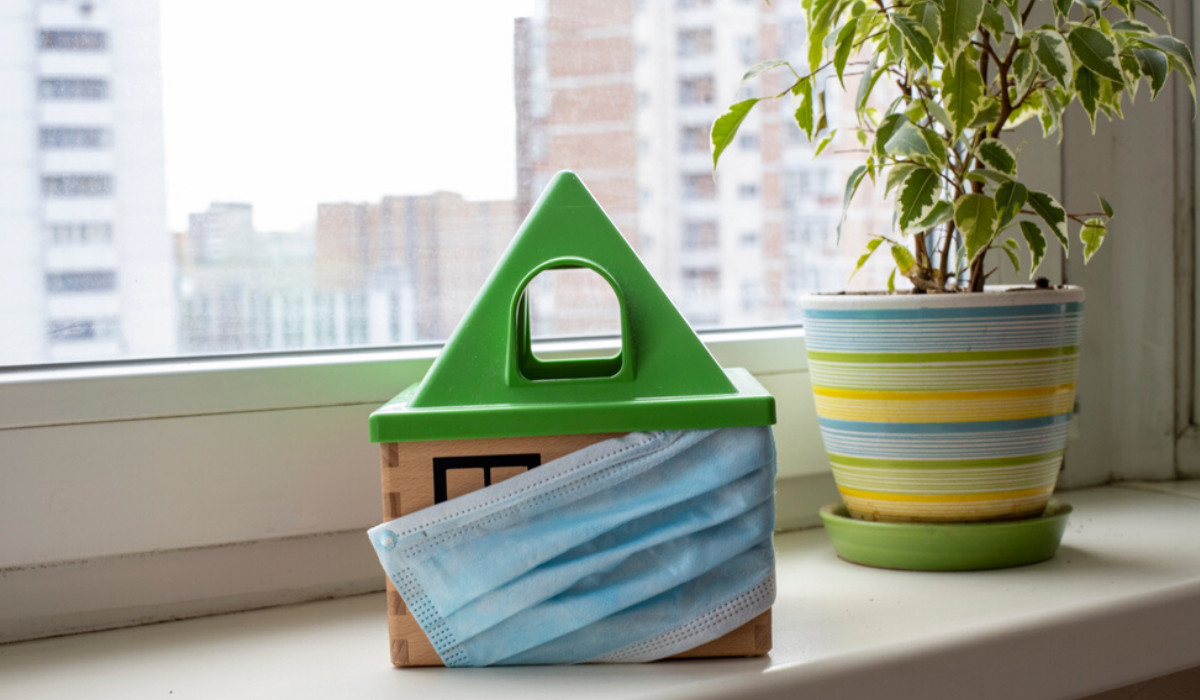
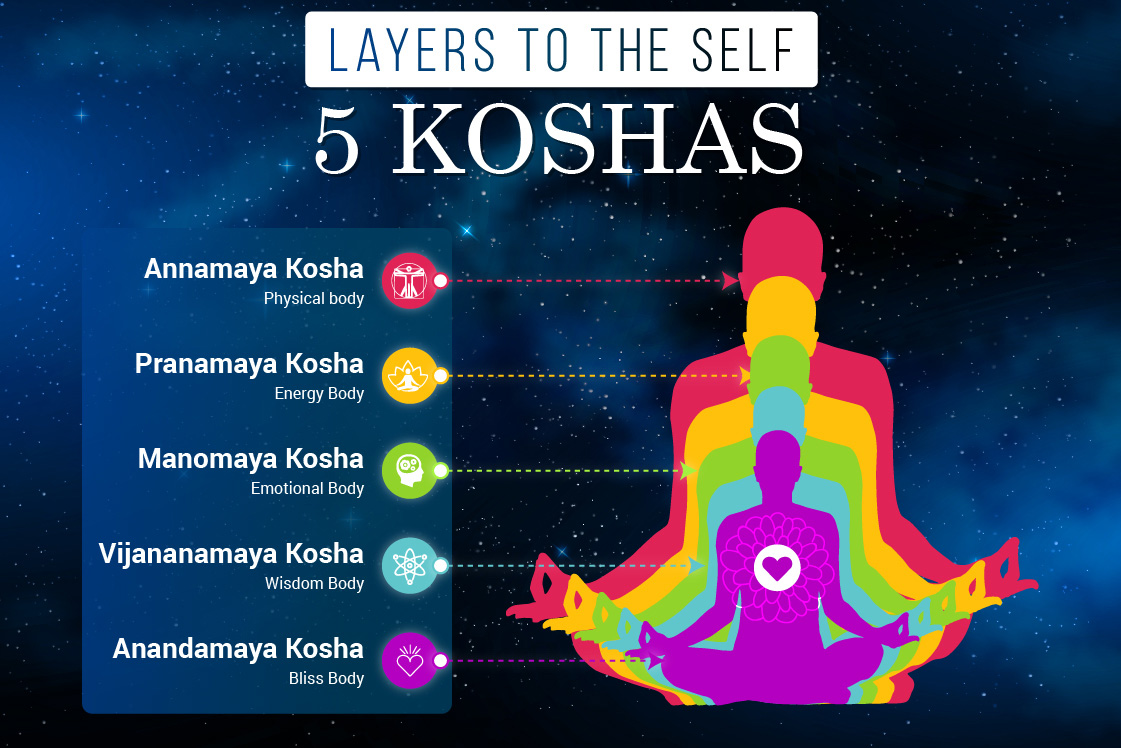
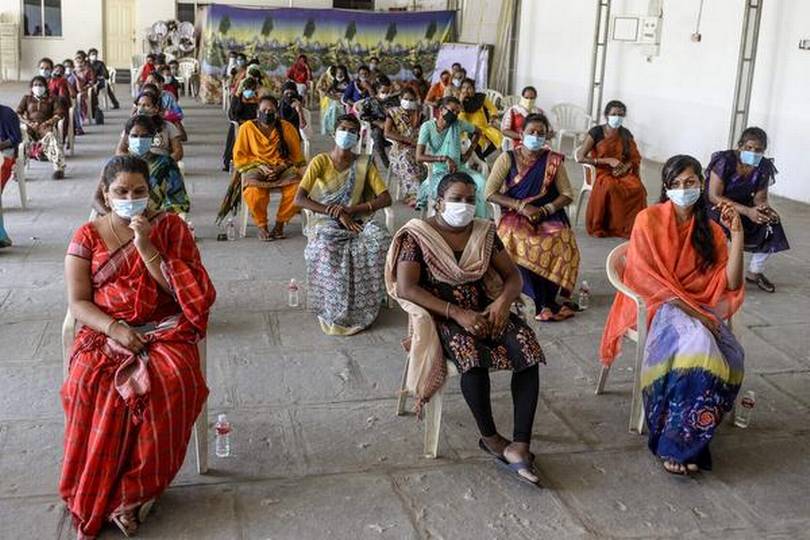
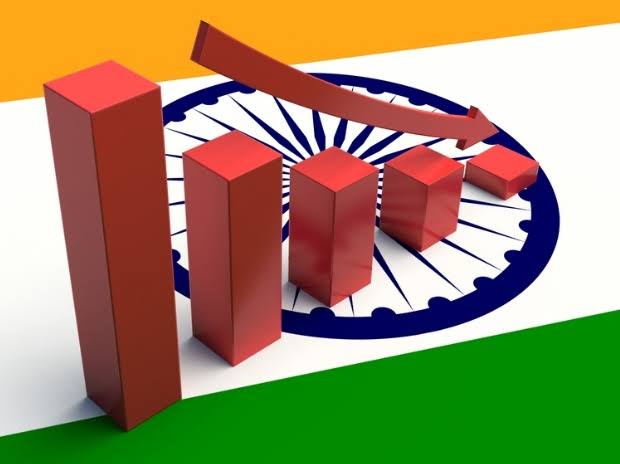

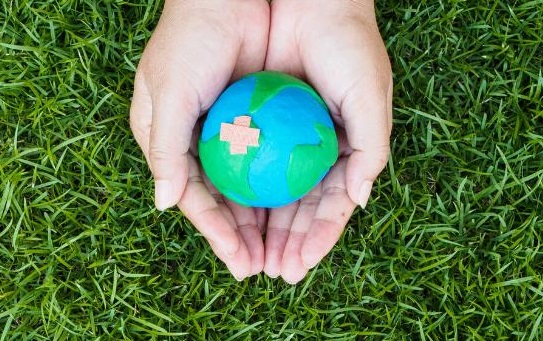
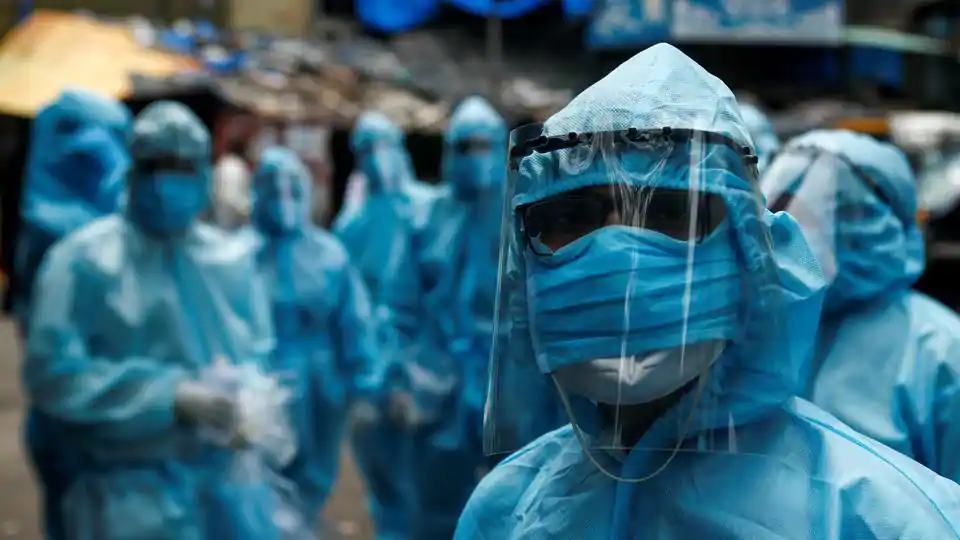
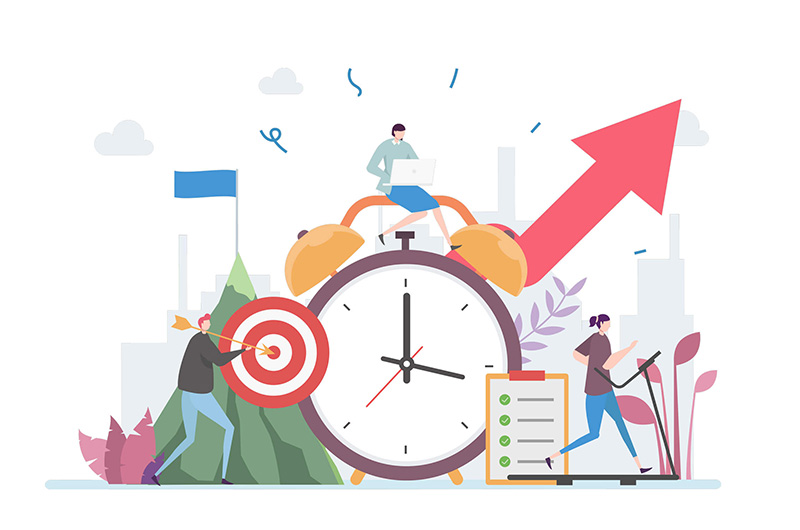
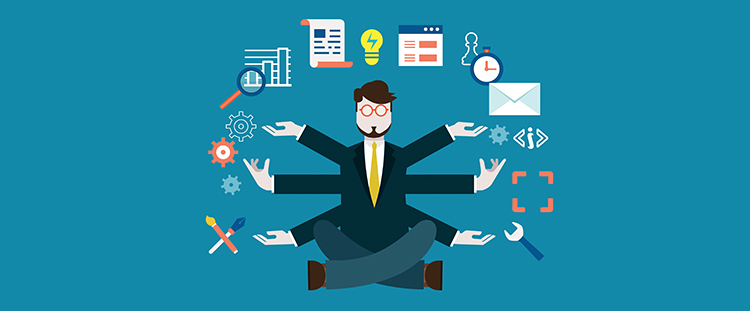
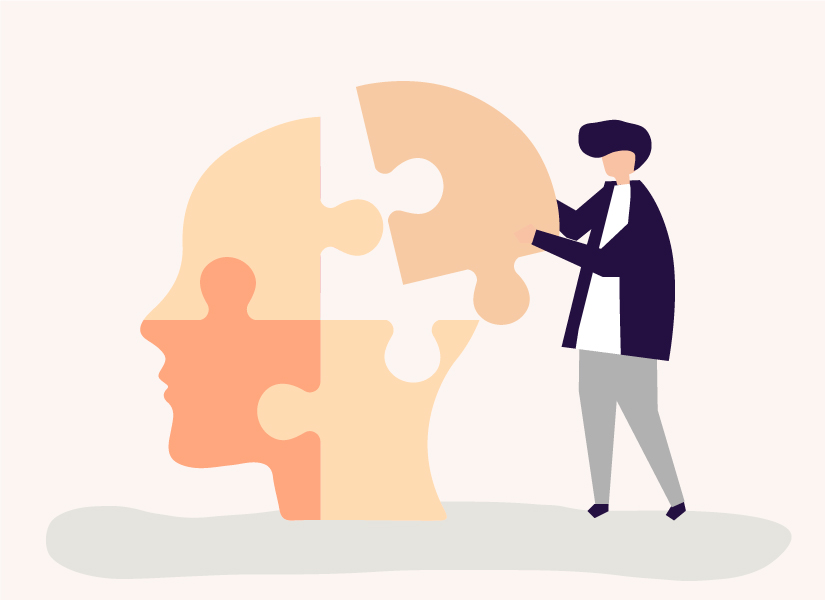
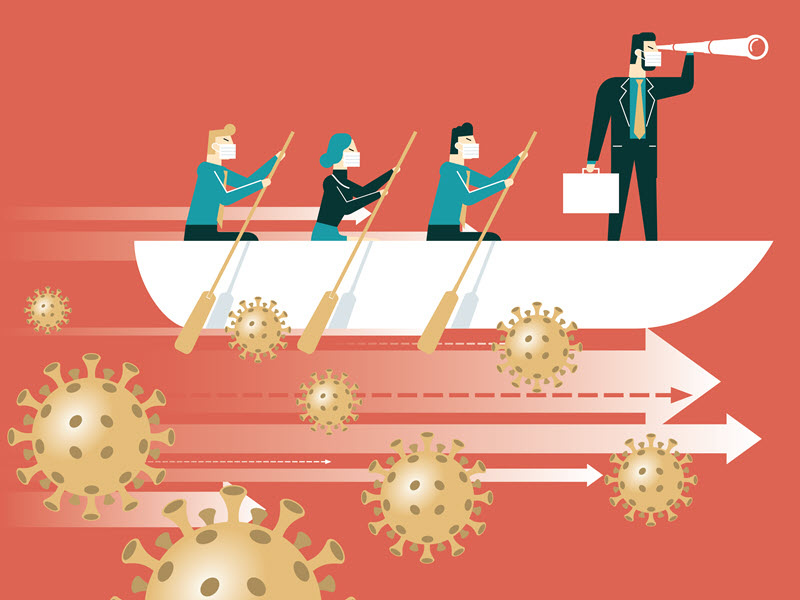
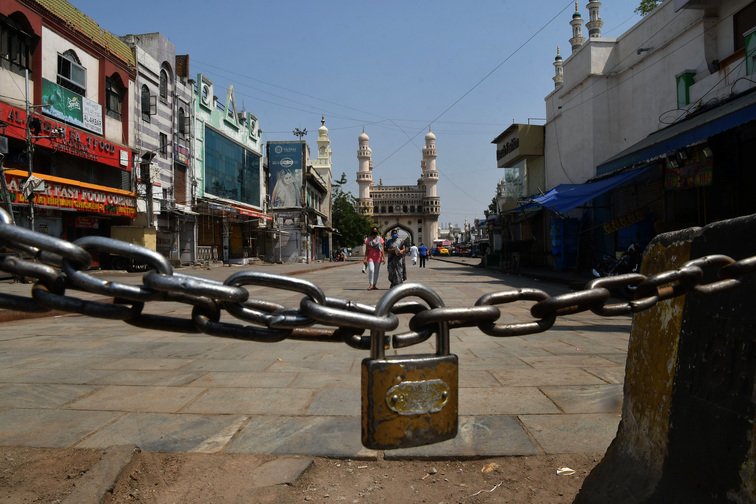
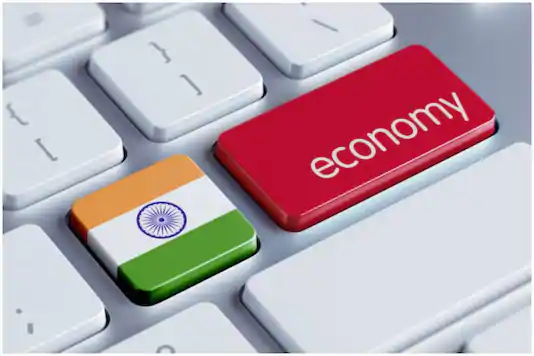
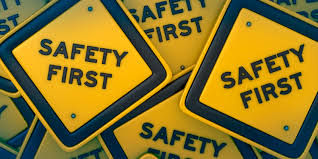
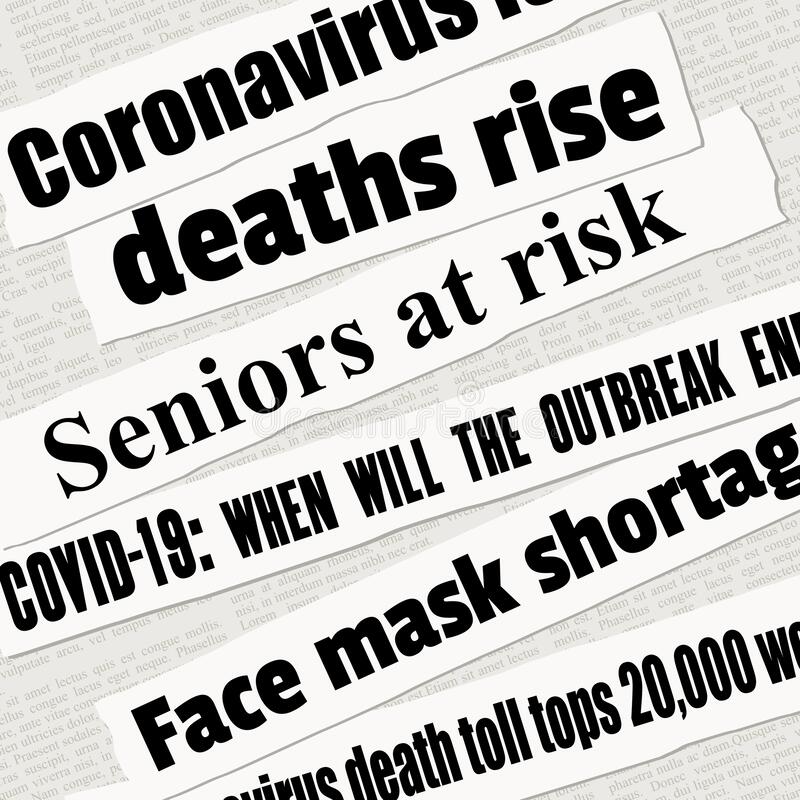
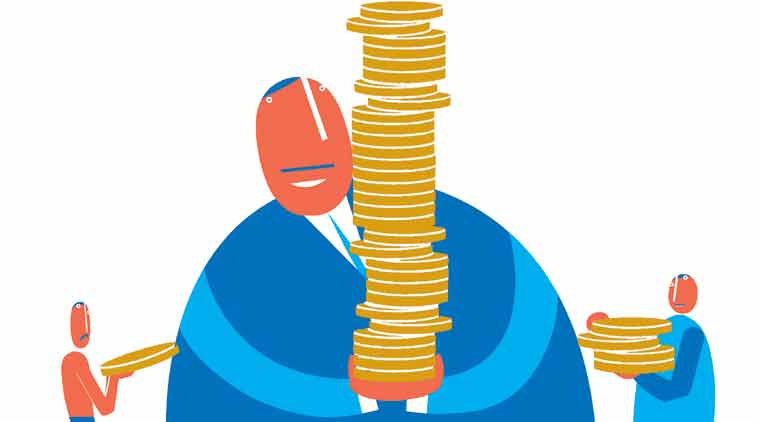
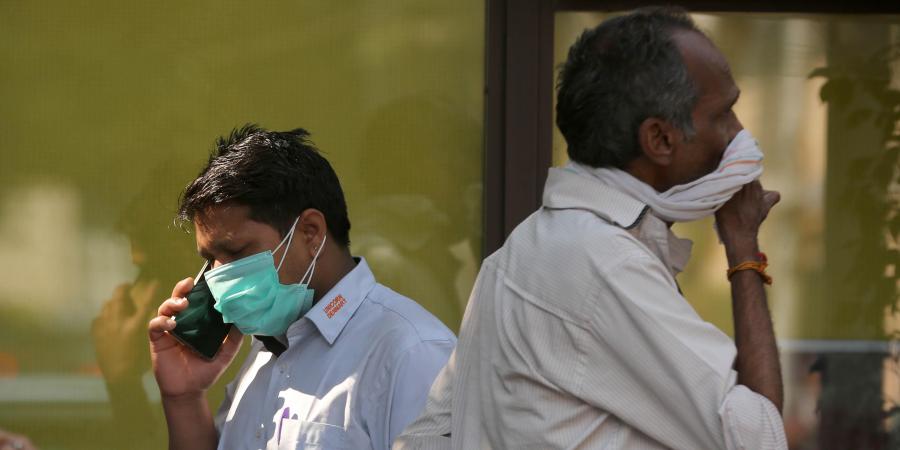
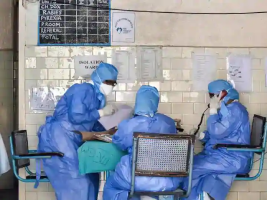
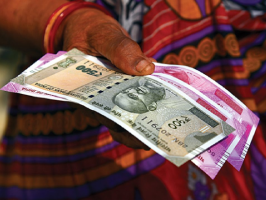
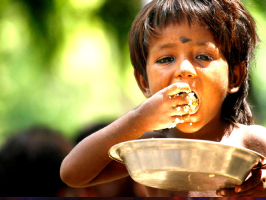
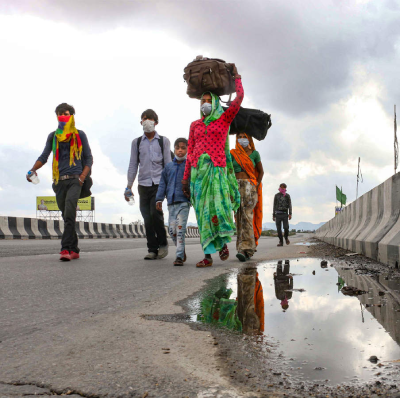
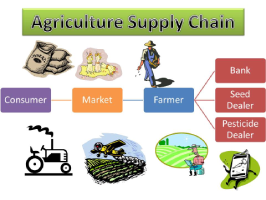
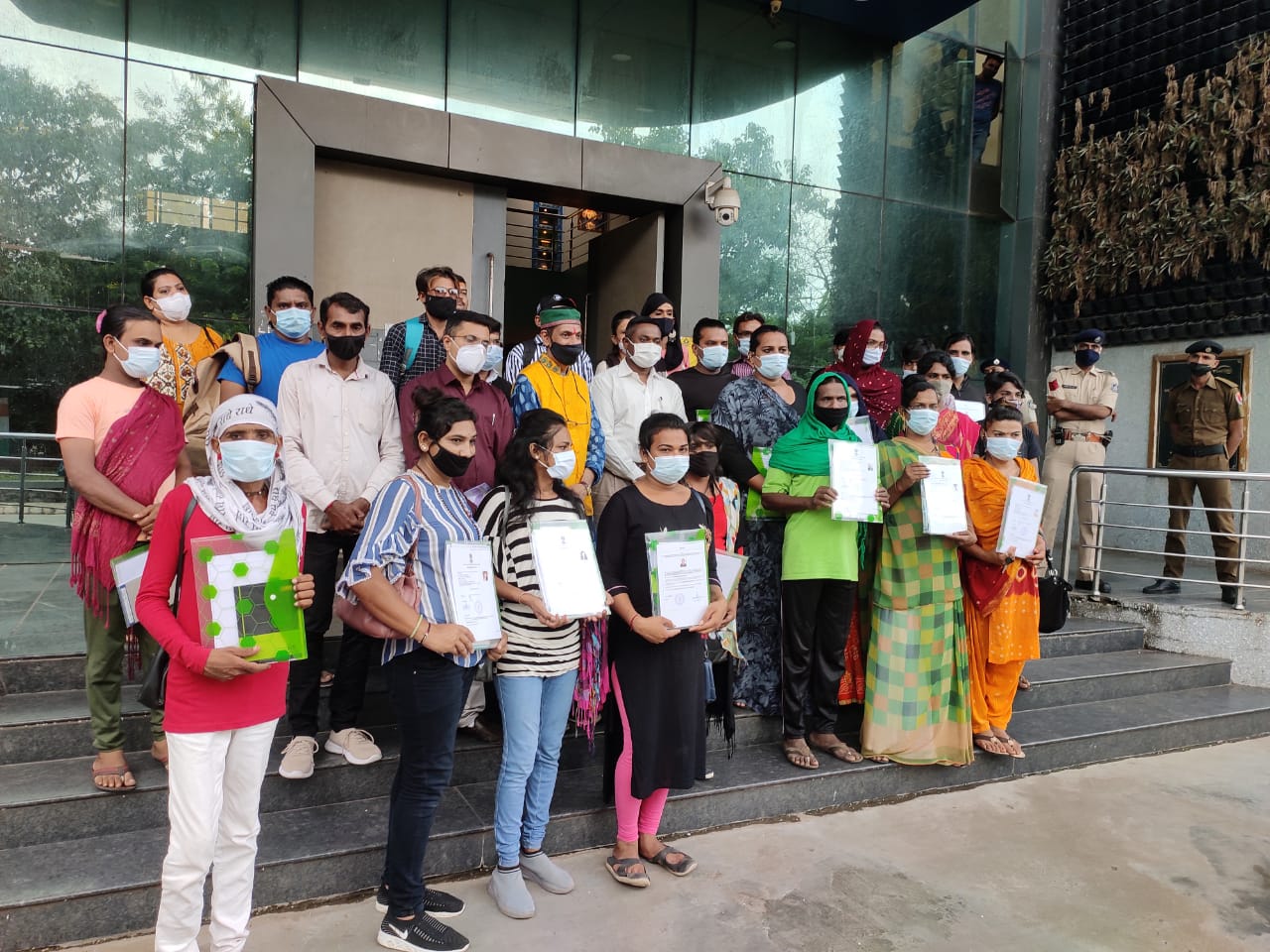
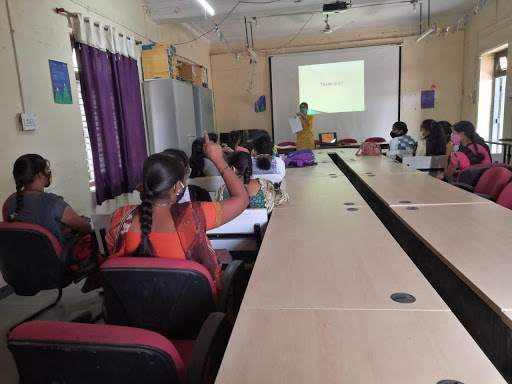
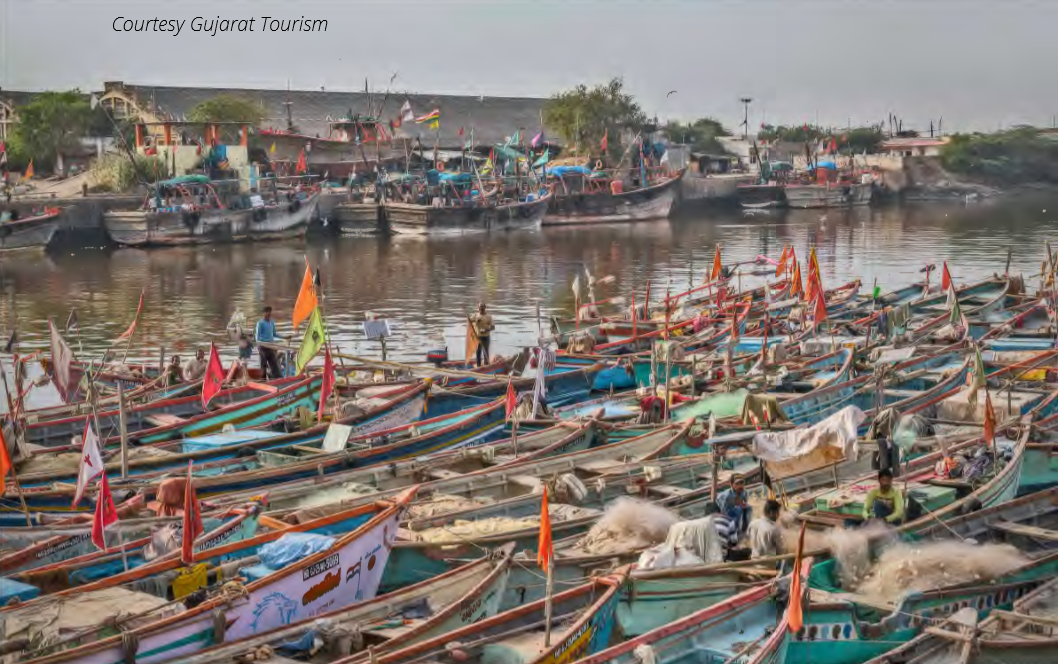
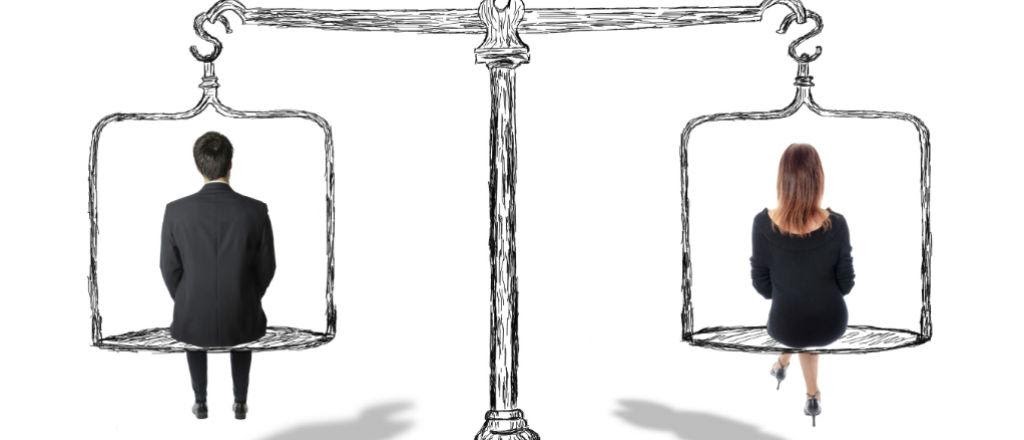
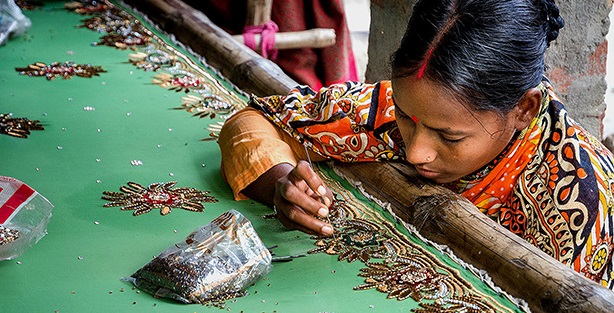
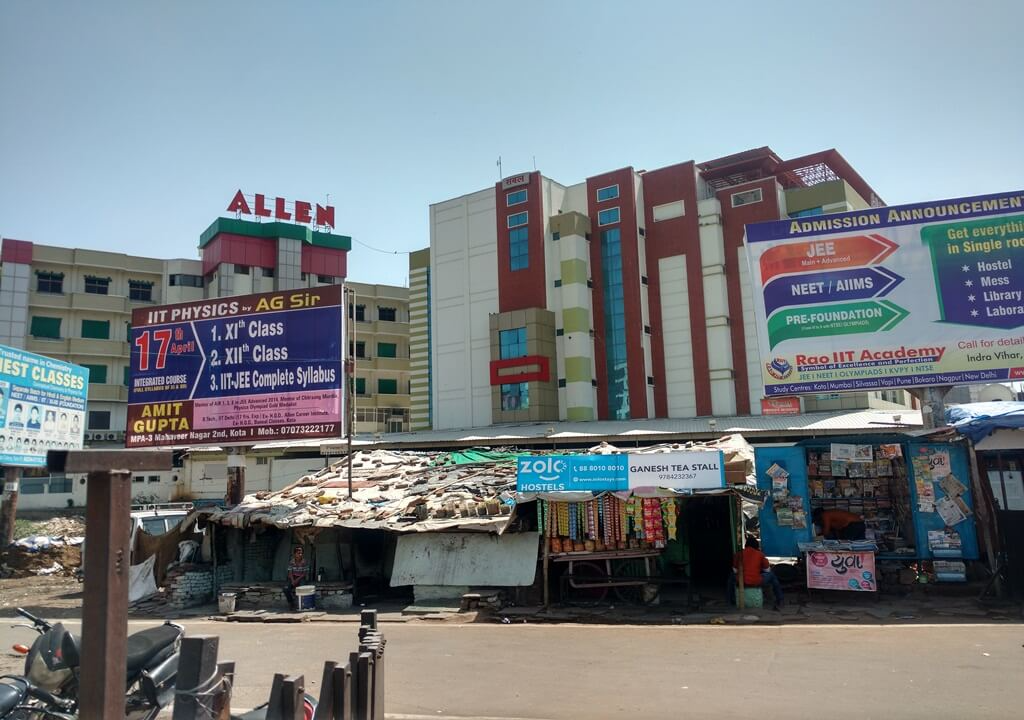
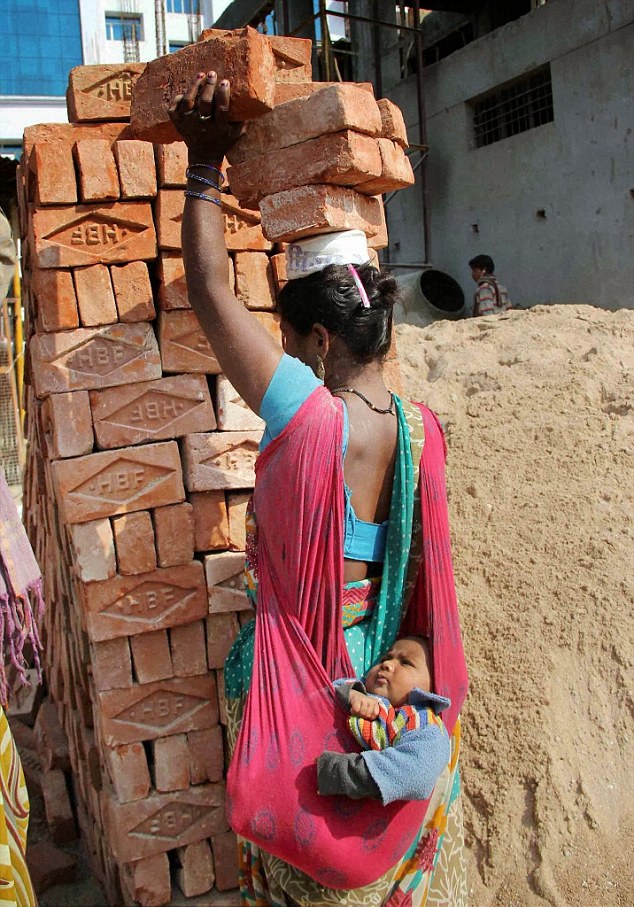
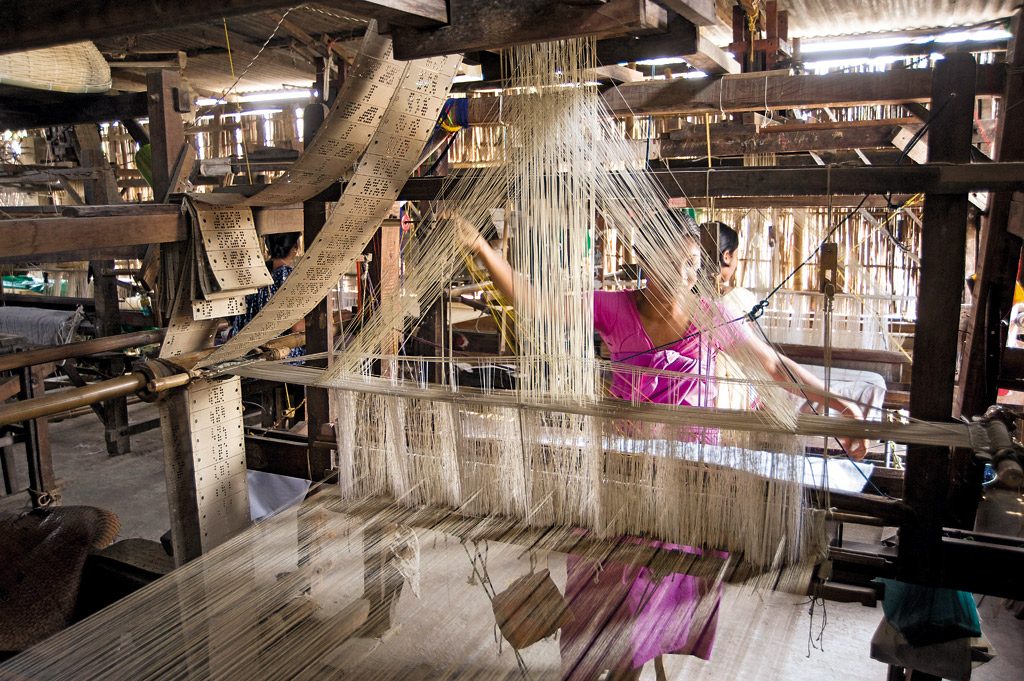
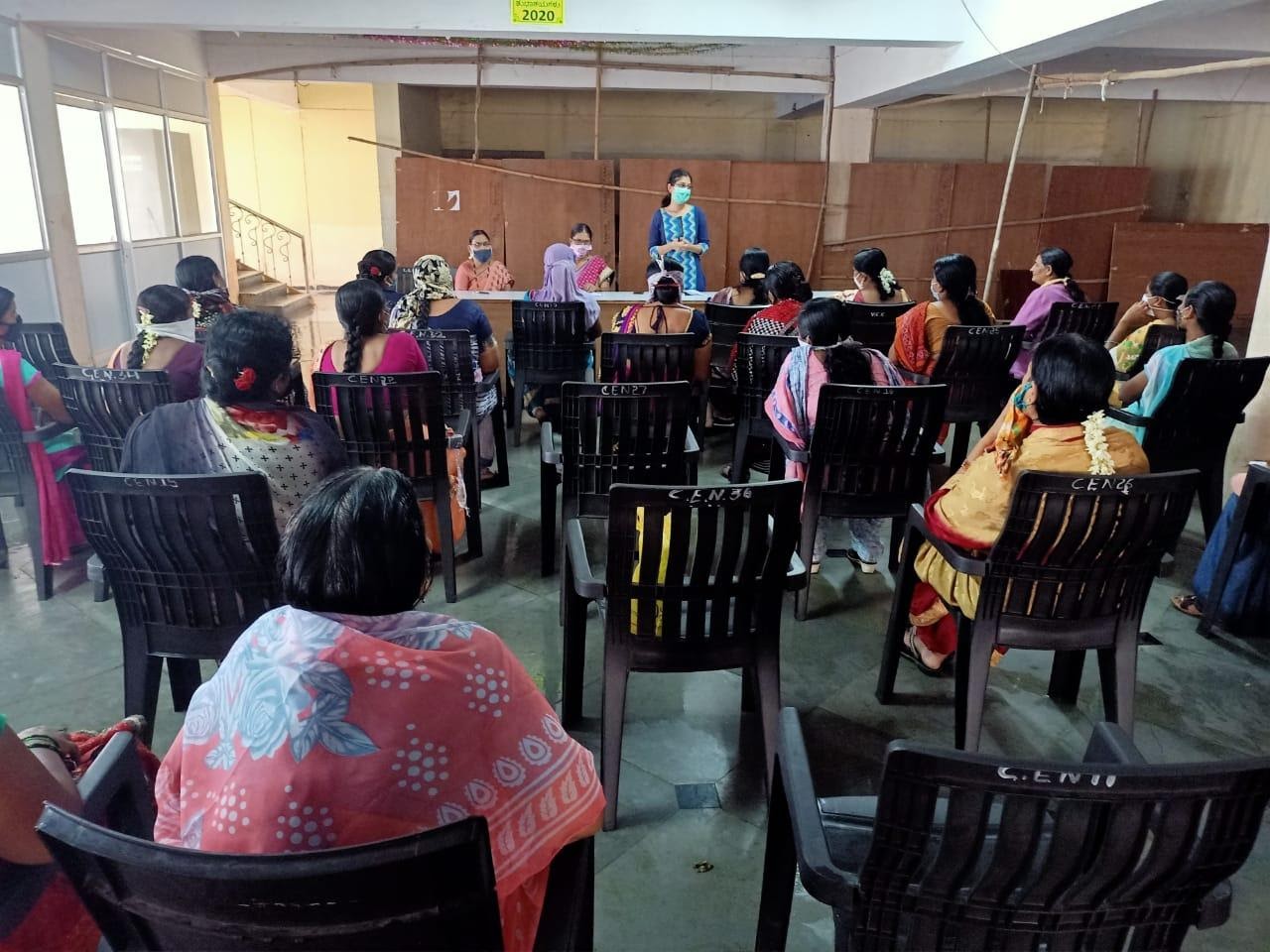
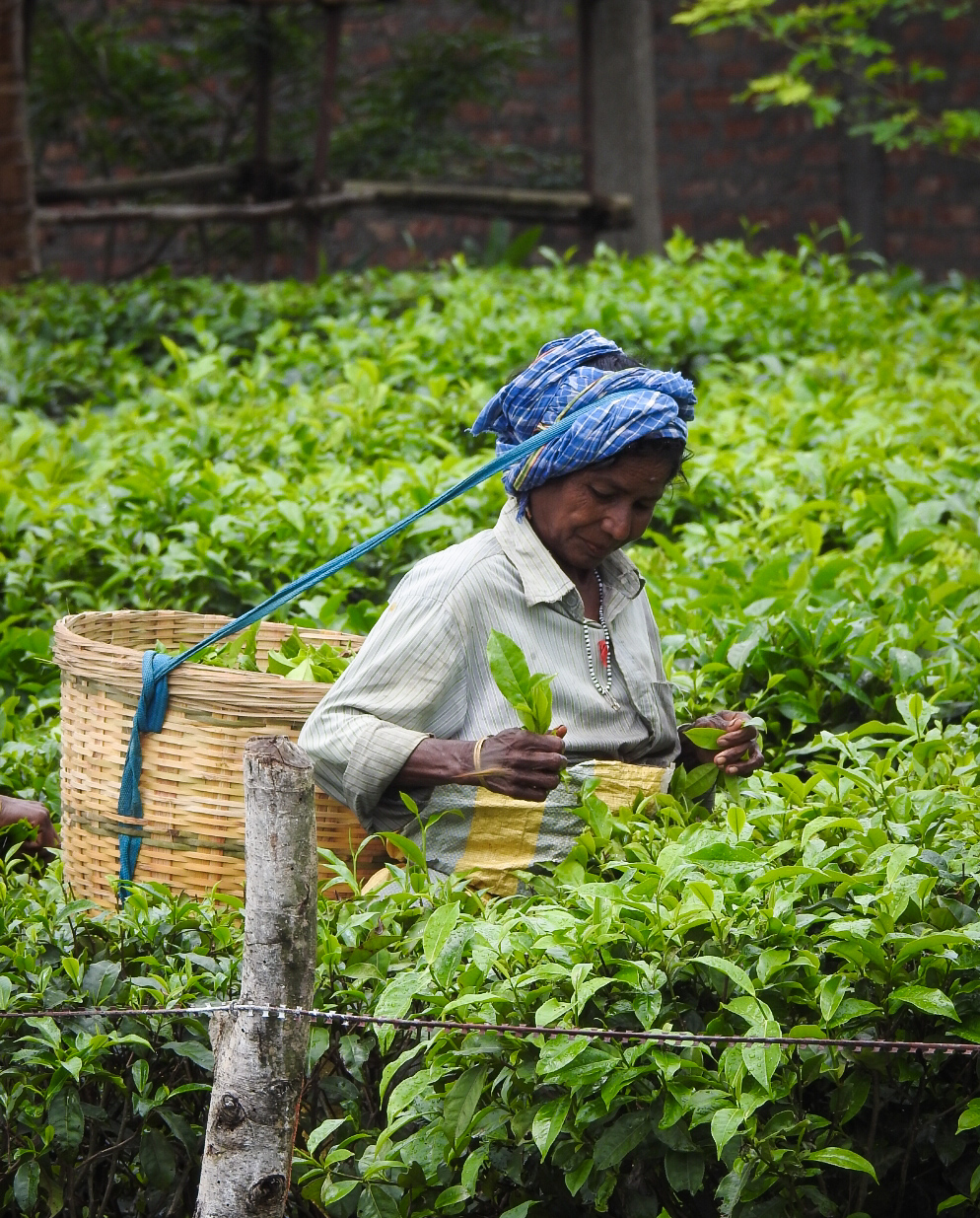

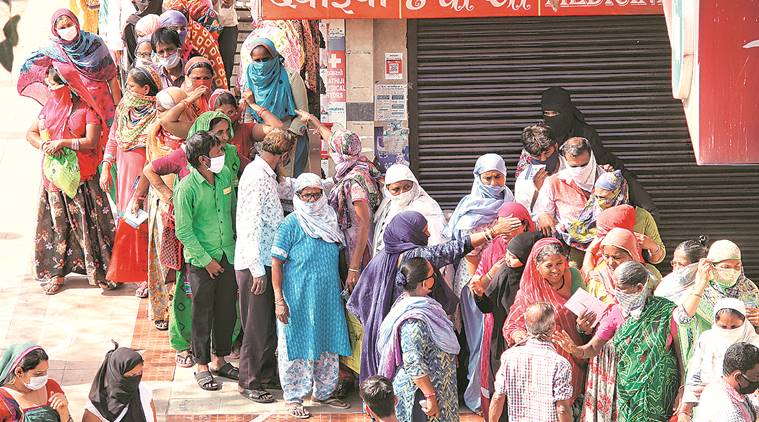
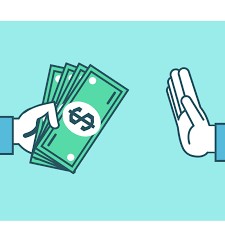
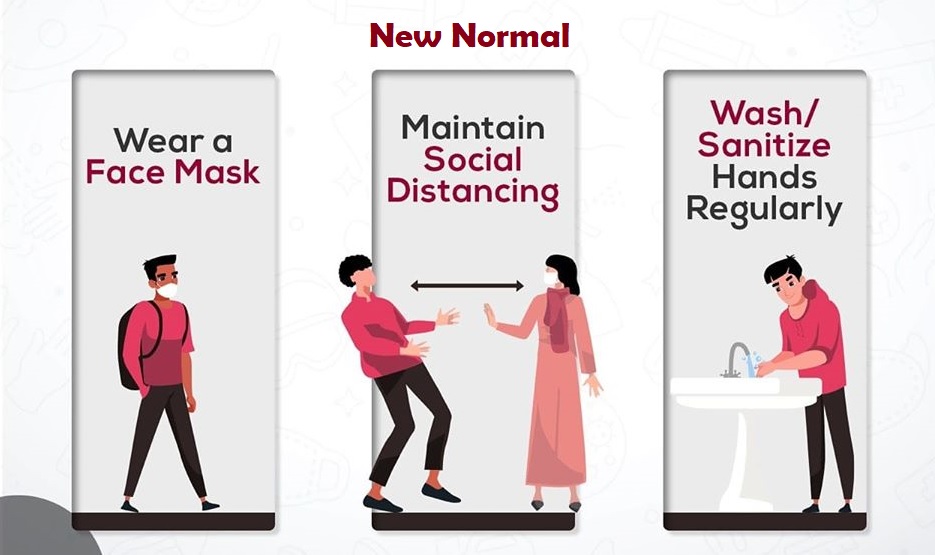
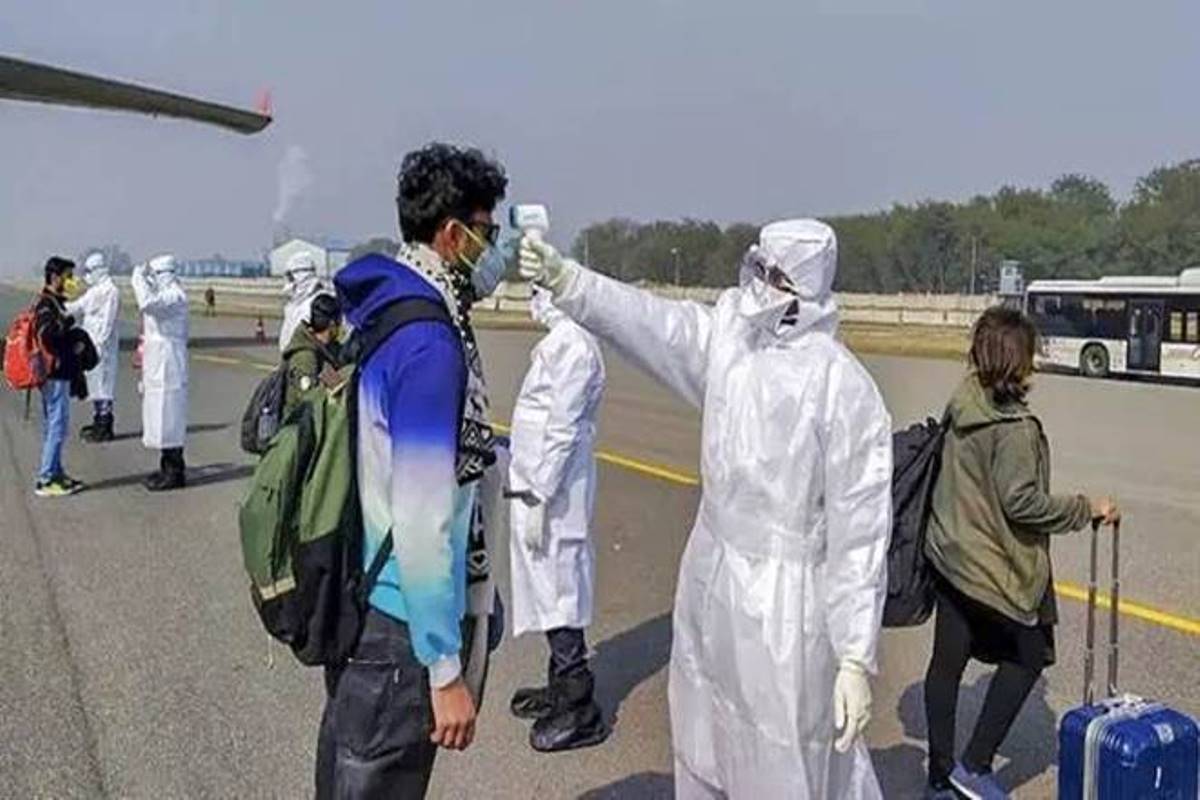
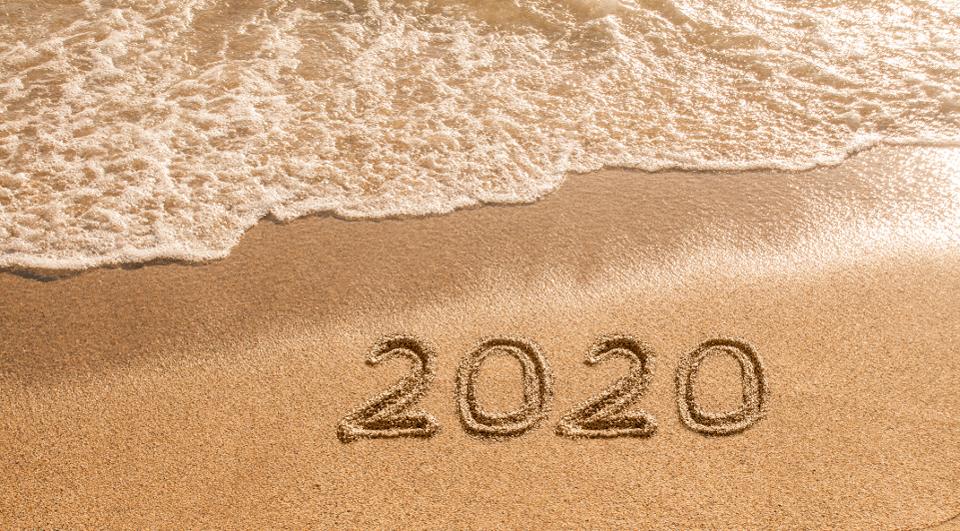
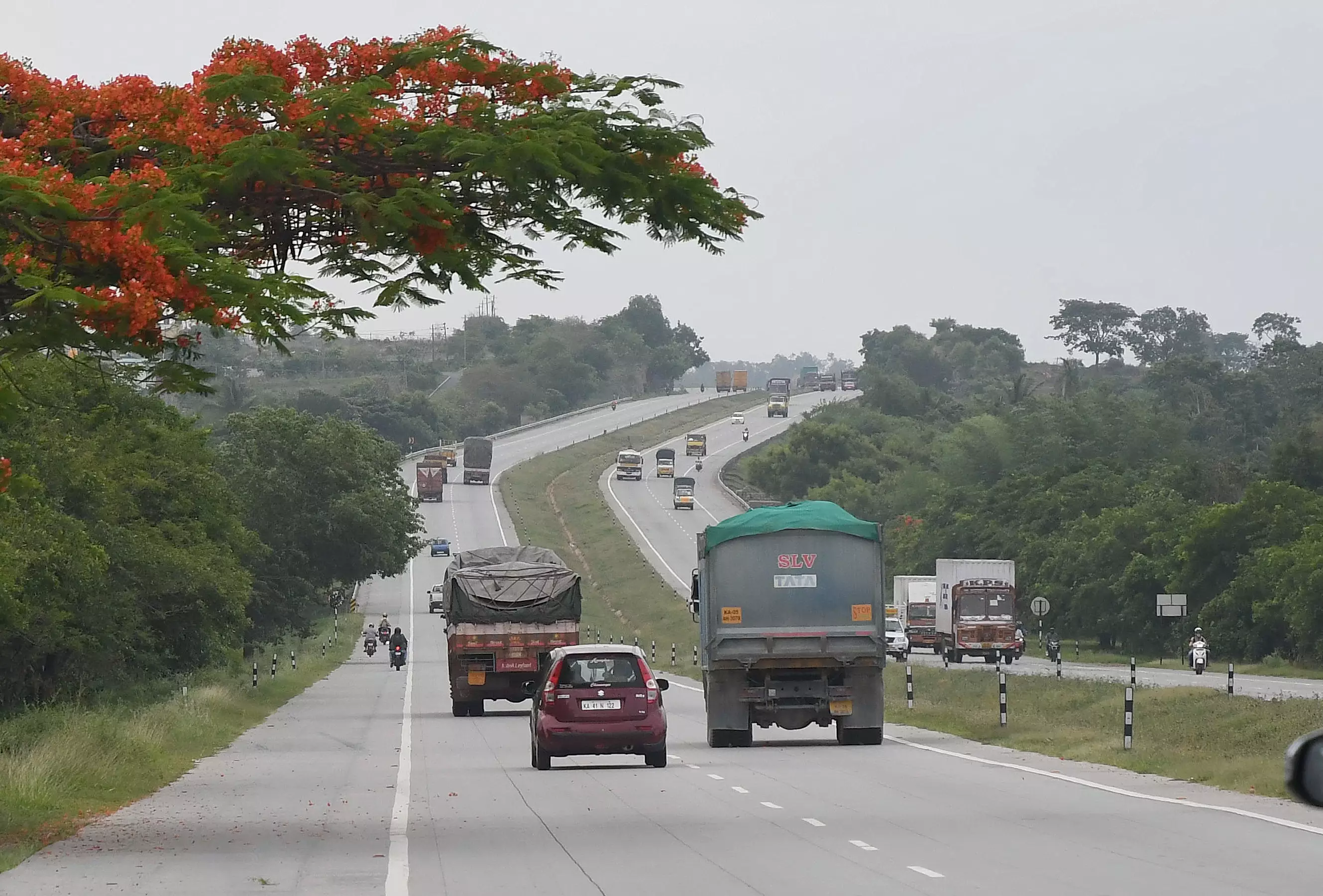
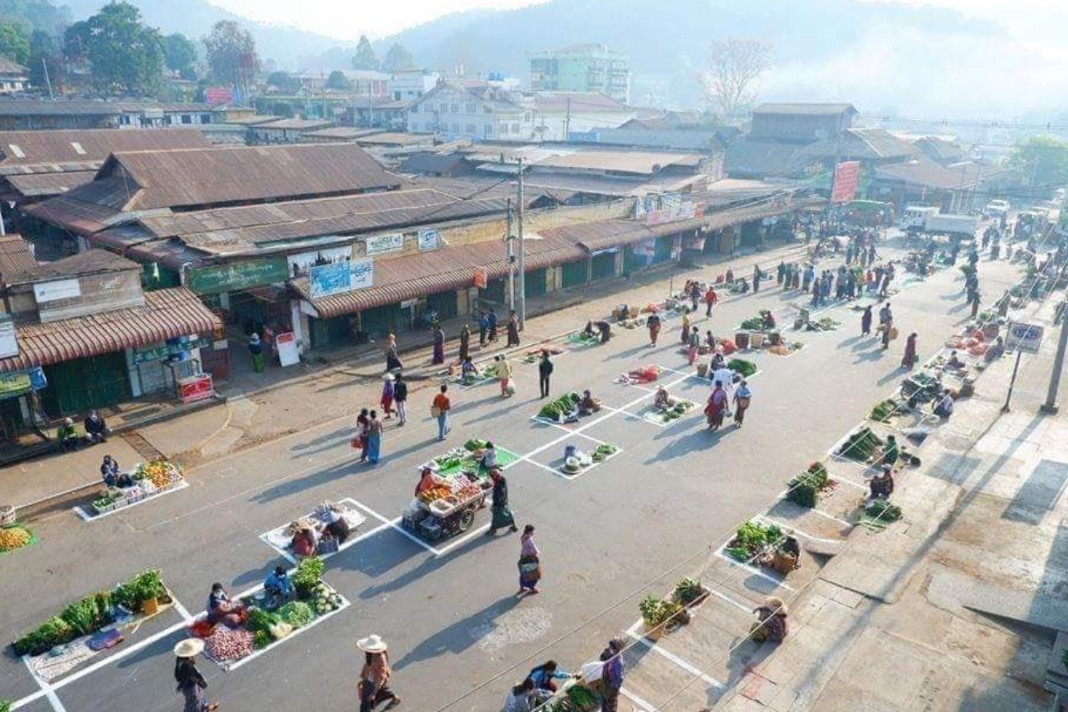
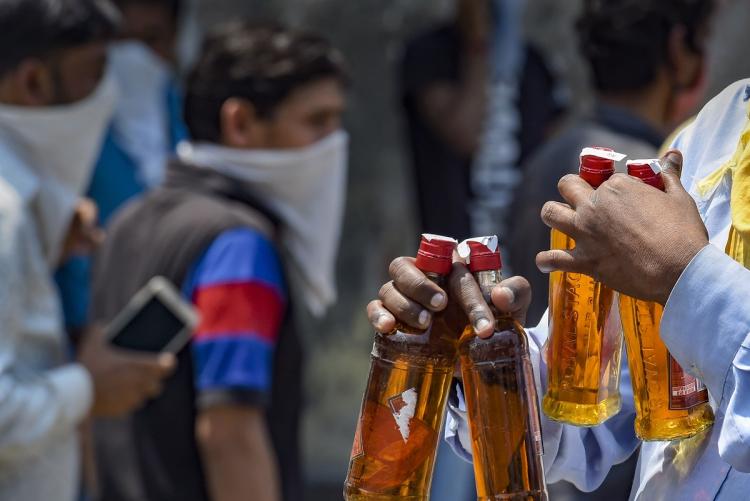
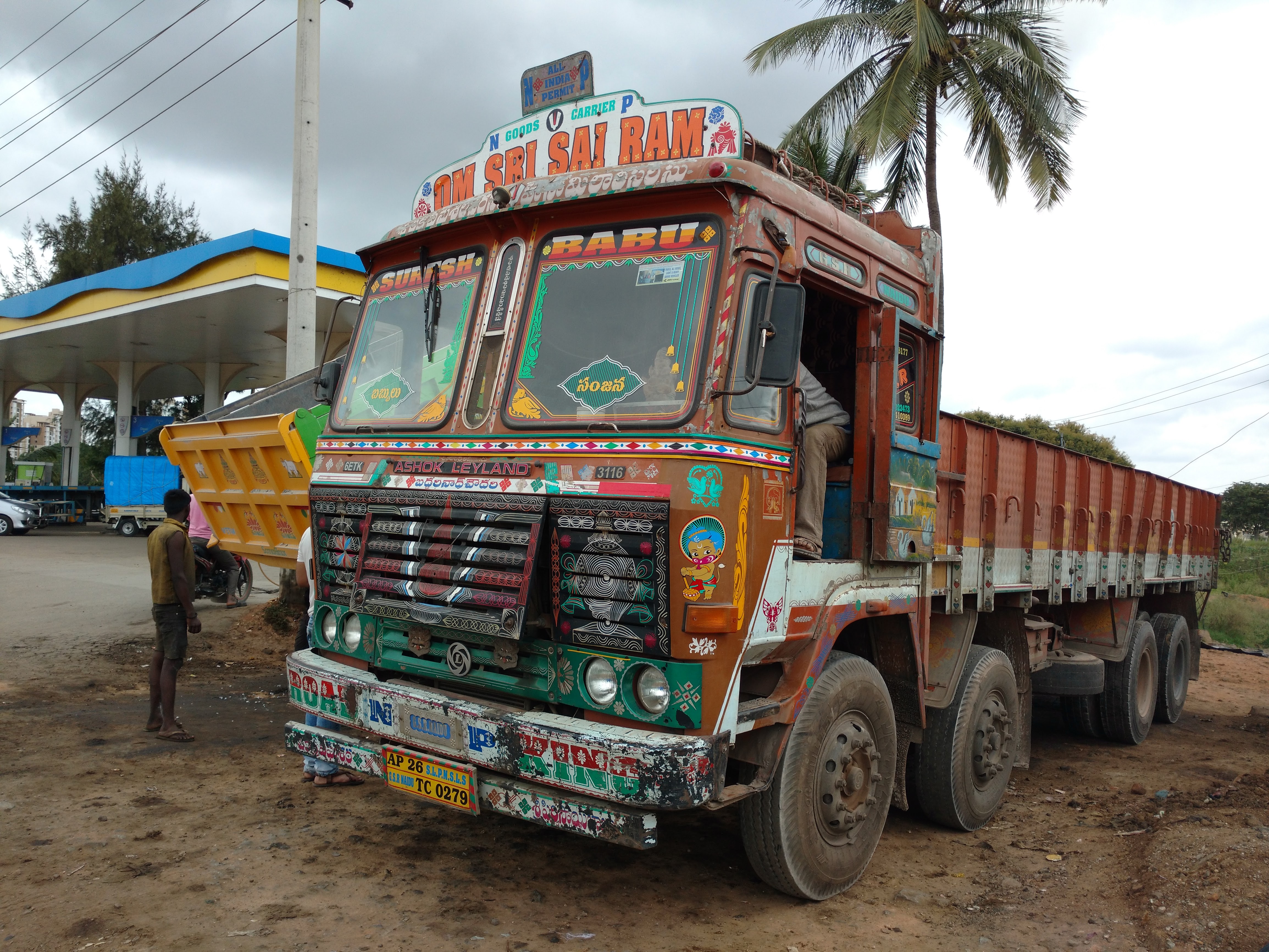
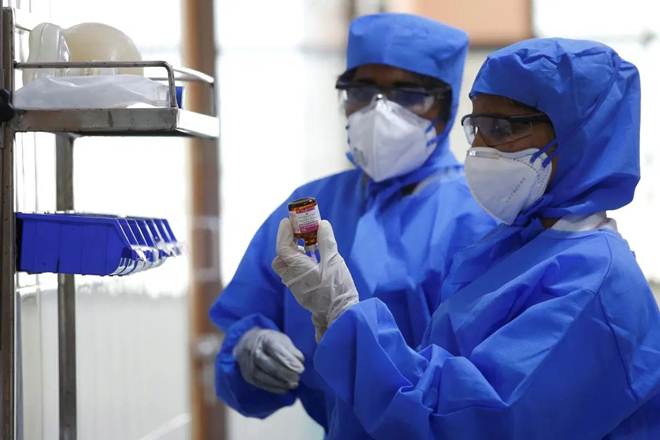
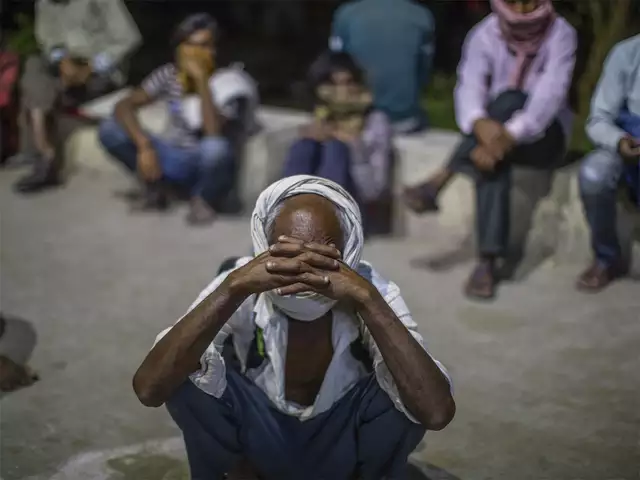
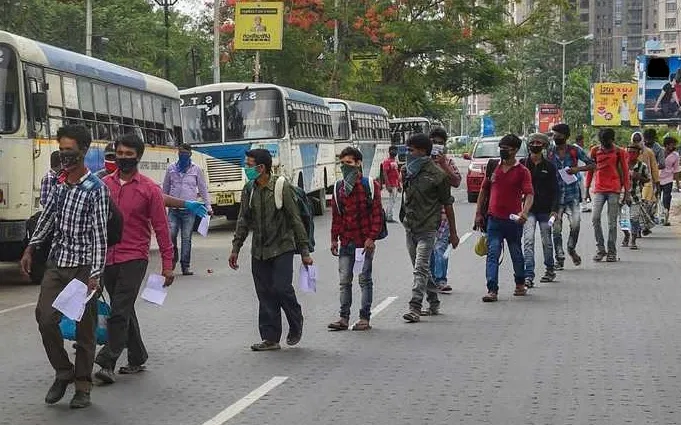
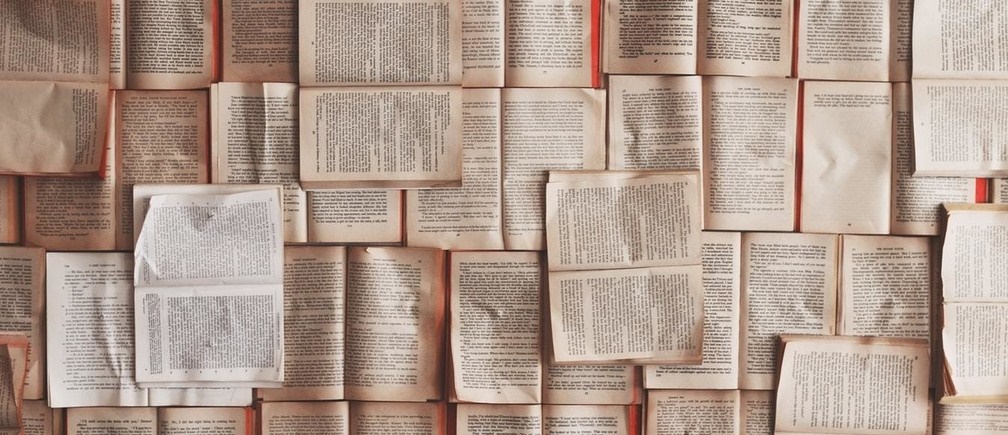



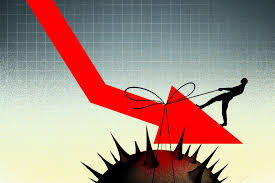
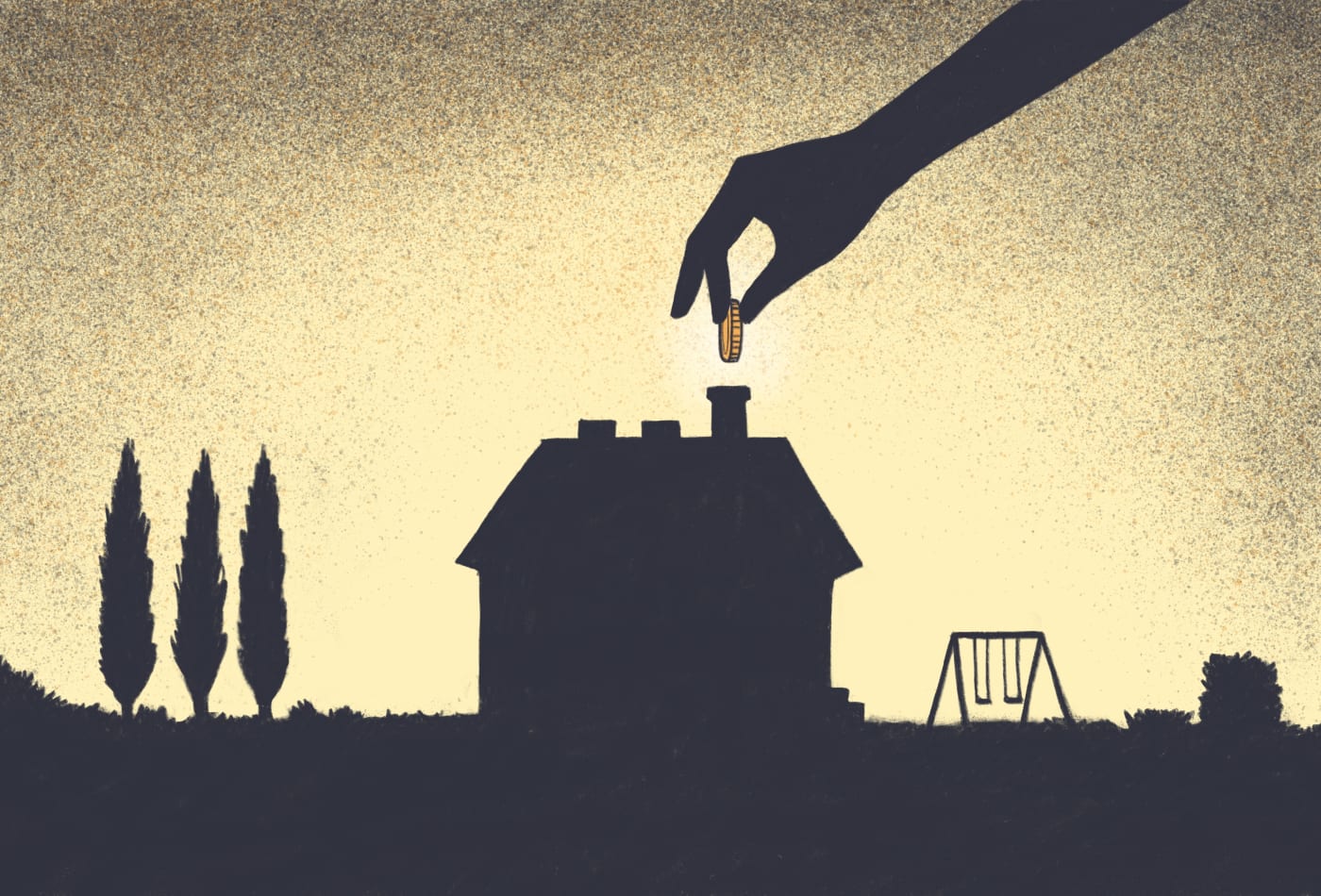
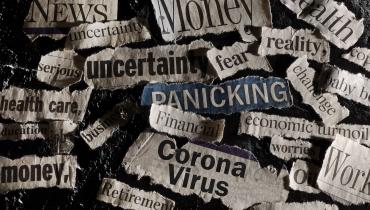
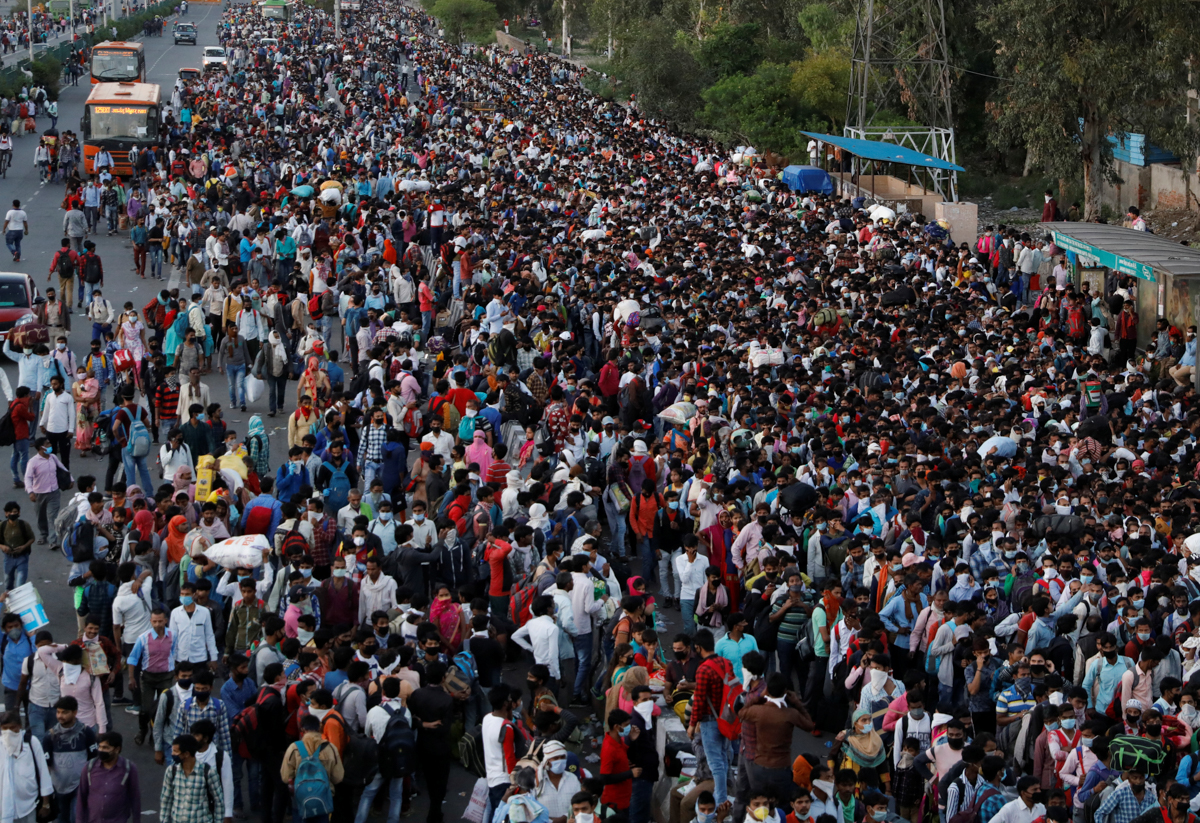
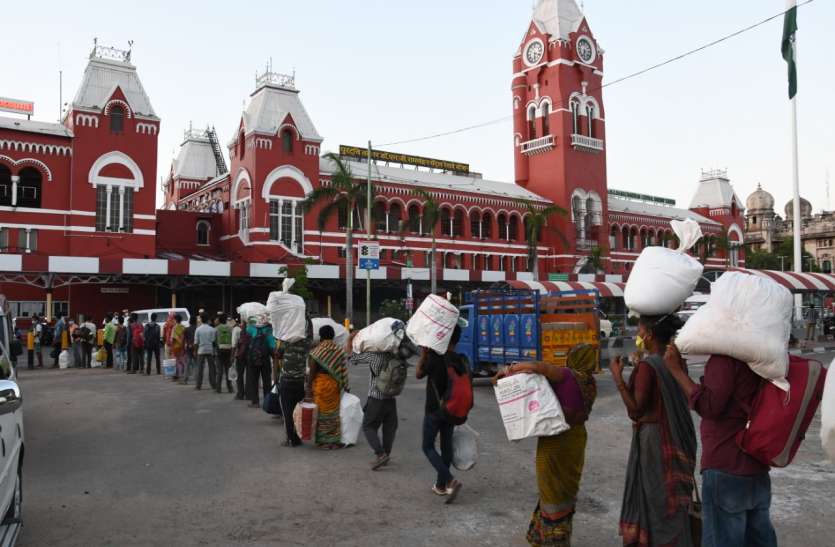
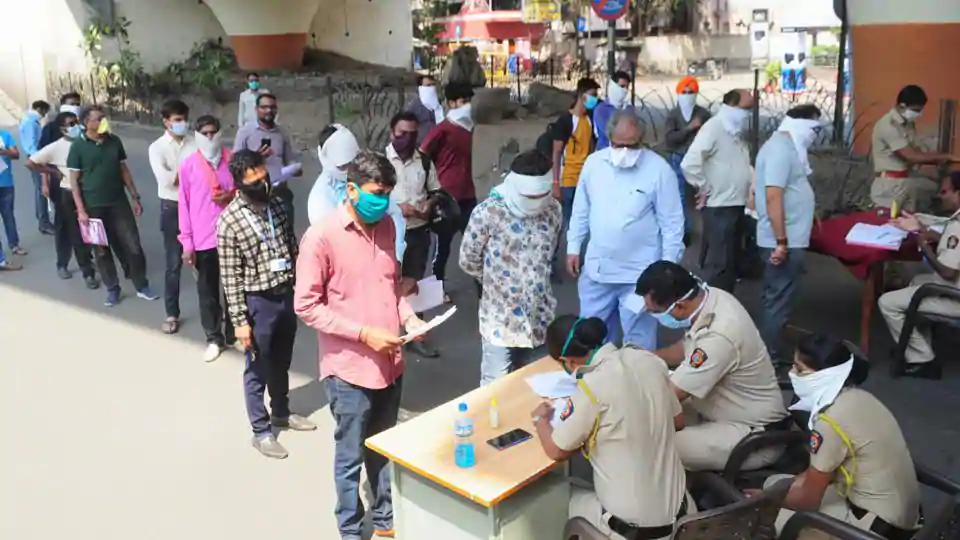
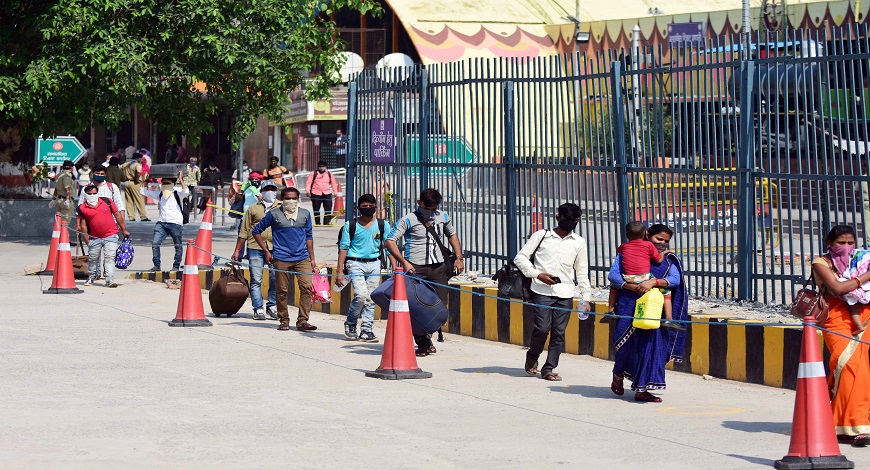
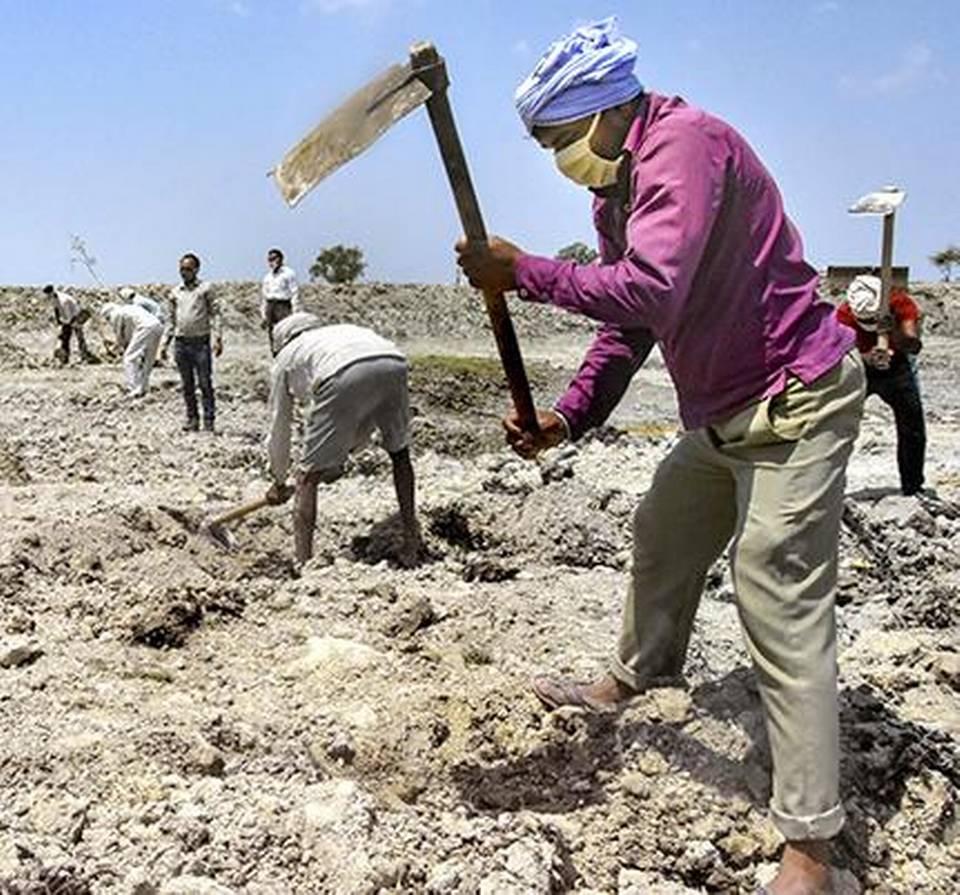
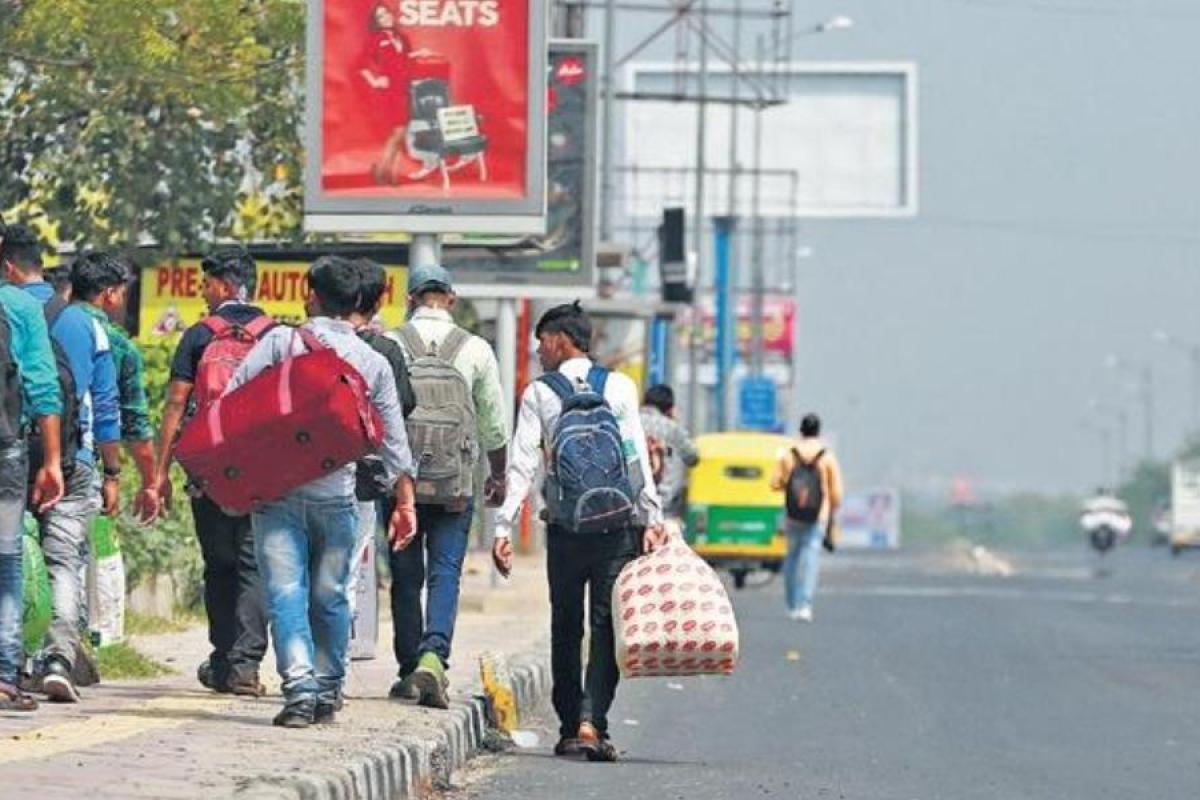
Deepika Kumar